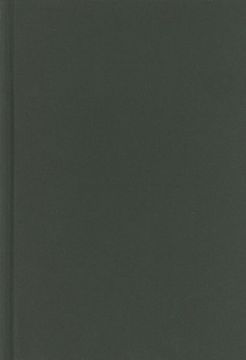A History of Catholic Moral Theology in the Twentieth Century: From Confessing Sins to Liberating Consciences (in English)
Synopsis "A History of Catholic Moral Theology in the Twentieth Century: From Confessing Sins to Liberating Consciences (in English)"
This is an historical survey of 20th Century Roman Catholic Theological Ethics (also known as moral theology). The thesis is that only through historical investigation can we really understand how the most conservative and negative field in Catholic theology at the beginning of the 20th could become by the end of the 20th century the most innovative one. The 20th century begins with moral manuals being translated into the vernacular. After examining the manuals of Thomas Slater and Henry Davis, Keenan then turns to three works and a crowning synthesis of innovation all developed before, during and soon after the Second World War. The first by Odon Lottin asks whether moral theology is adequately historical; Fritz Tillmann asks whether it's adequately biblical; and Gerard Gilleman, whether it's adequately spiritual. Bernard Haering integrates these contributions into his Law of Christ. Of course, people like Gerald Kelly and John Ford in the US are like a few moralists elsewhere, classical gate keepers, censoring innovation. But with Humanae vitae, and successive encyclicals, bishops and popes reject the direction of moral theologians. At the same time, moral theologians, like Josef Fuchs, ask whether the locus of moral truth is in continuous, universal teachings of the magisterium or in the moral judgment of the informed conscience. In their move toward a deeper appreciation of their field as forming consciences, they turn more deeply to local experience where they continue their work of innovation. Each continent subsequently gives rise to their own respondents: In Europe they speak of autonomy and personalism; in Latin America, liberation theology; in North America, Feminism and Black Catholic theology; and, in Asia and Africa a deep post-colonial interculturatism. At the end I assert that in its nature, theological ethics is historical and innovative, seeking moral truth for the conscience by looking to speak crossculturally.

